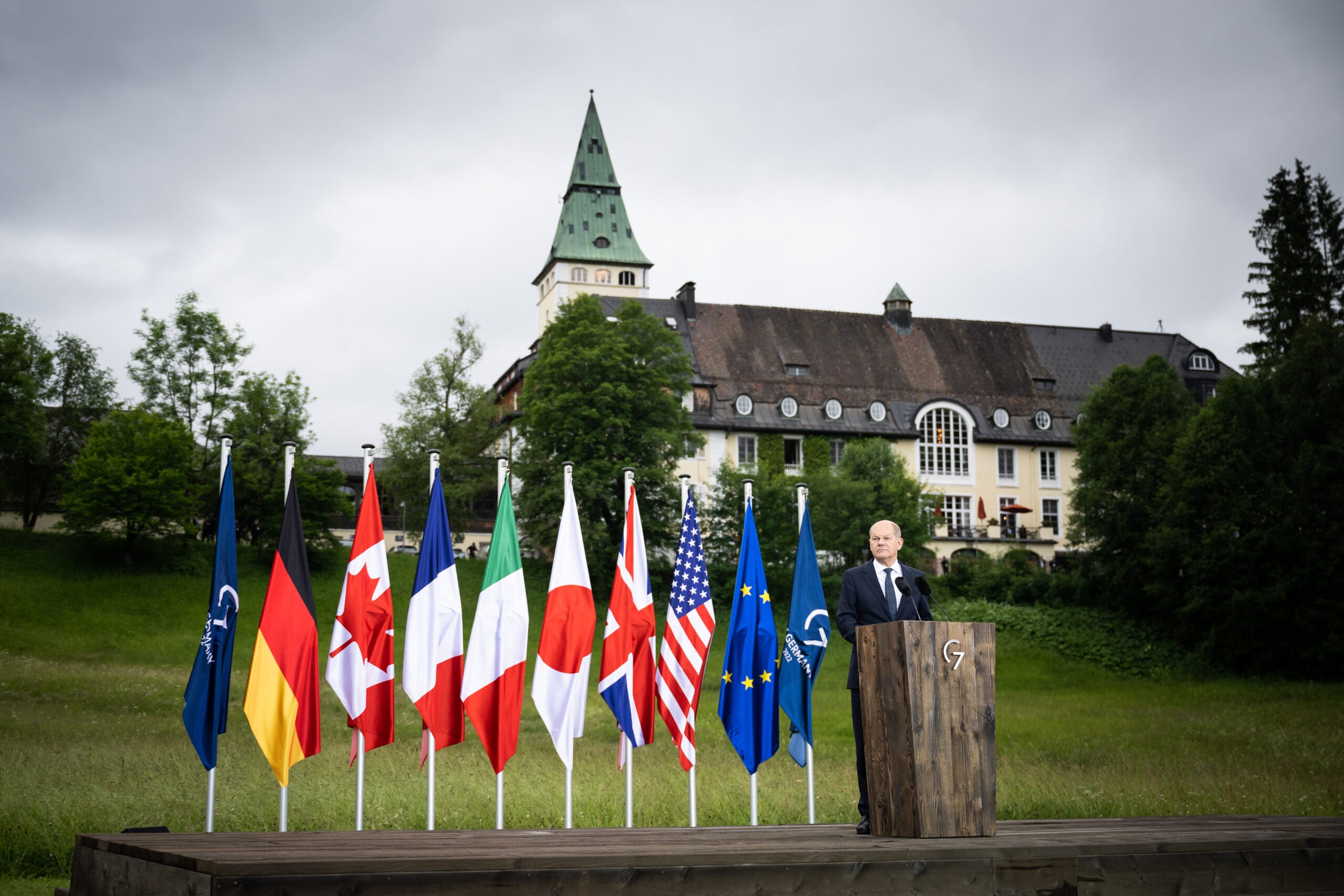
Finance ministers of G7 nations have confirmed a plan to enforce an effective price cap on oil and gas purchased from Russia. This cap would prohibit the transport of Russian oil and gas sold above a certain price, though this limit has not yet been confirmed.
A statement collectively issued by G7 finance ministers reads: “Today we confirm our joint political intention to finalise and implement a comprehensive prohibition of services which enable maritime transportation of Russian-origin crude oil and petroleum products globally – the provision of such services would only be allowed if the oil and petroleum products are purchased at or below a price determined by the broad coalition of countries adhering to and implementing the price cap.”

Discover B2B Marketing That Performs
Combine business intelligence and editorial excellence to reach engaged professionals across 36 leading media platforms.
The price cap effectively mandates to set up a “buyers’ cartel”, requires countries to voluntarily adhere. Most European governments are expected to quickly sign up, but some, such as the governments of Hungary and Austria, will likely remain opposed. Aside from this, China has increased its imports from Russia since the start of the war, and would not enforce the policy.
Aside from this, setting the price cap will likely also require significant negotiation, particularly within the EU where Austria and Hungary have the power to disrupt plans.
The G7 nations would likely enforce the ban by causing insurers to withhold insurance from vessels transporting oil and gas sold above the price cap. Companies in the UK and US insure the overwhelming majority of the world’s transport vessels, but the lack of certainty in the boundaries of this price cap could make insurers reluctant to insure Russian energy shipments altogether.
Price cap aims put Western sanctions back on track
So far, Western trade sanctions have decreased the volume of gas and oil imported from Russia, but increased the price paid for imports. As a result, the net total paid for Russian gas has actually increased, according to some reports. In hope of depleting Russia’s finances in the long-term, many European countries plan to stop energy trade with Russia entirely by the end of 2022, with others to follow in coming years.

US Tariffs are shifting - will you react or anticipate?
Don’t let policy changes catch you off guard. Stay proactive with real-time data and expert analysis.
By GlobalDataOn the other hand, Russian energy companies have already stopped trading with some countries, such as Lithuania, entirely. The Russian Government hopes that decreasing gas flows will continue to increase their price, hurting the economies of importing countries.
The ministers of G7 nations, consisting of Canada, France, Germany, Italy, Japan, the UK, and the US, met at a summit in Elmau, Germany. Their statement also condemned “Russian aggression, […] aided by Belarus”.
Furthermore, leaders aimed to highlight their intention to “support stability in global energy markets and to minimising negative economic spillovers, especially on low and middle-income countries.”



